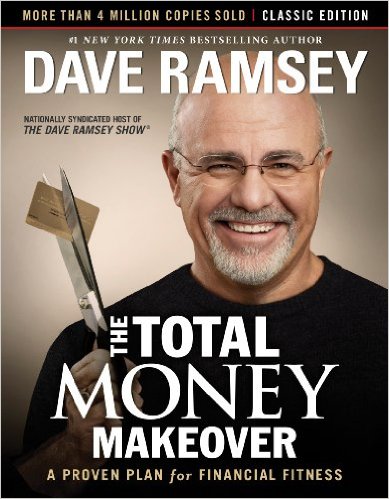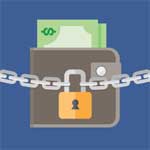
Medicare
Medicare enrollment time is from Oct. 15 through Dec. 7, and there are scammers out there hoping they can trick you out of your Social Security/Medicare number while you are particularly vulnerable. Be wary of the caller who says he/she is a Medicare employee and that the agency is issuing new cards, that their records need updating or that they can help you with re-enrollment. Don’t you believe it.
Some of these scammers may say you have past-due medical bills. Genuine Medicare employees will never call and ask you for personal information over the phone. They will not visit your home pretending to solicit information the agency already has.
Utility Company
As the weather cools, such unscrupulous frauds may show up saying they are from the local utility company and claiming that you have unpaid bills. They may ask that you pay with your prepaid debit card, which makes it hard to trace. They may suggest that you pay cash and offer to send someone, supposedly a bona fide utility employee, to pick it up.
Again, don’t you believe it. Utilities don’t work that way. They will always send at least one and usually several reminders if you are truly behind, and they do not send employees to pick up payment.
Home Inspections
Another ploy that allows a scammer to dip into your financial resources is the man who shows up to “inspect” your home and supposedly finds serious repairs that need to be taken care of immediately. They may suggest that your chimneys, HVAC ducts or furnace need cleaning. Usually they don’t. Much better to rely on someone with whom you are familiar to do such upkeep.
Investment
At the final quarter of the year, many people are looking for little tweaks they can make to their investments, with an eye to improving their tax situation. If you receive invitations to free lunch seminars to be “educated” about investments, be aware you could end up paying dearly. Such gatherings often are sales pitches for bogus investments. Words such as “risk-free,” “guaranteed” or “limited time” may be clues that you are about to be scammed. Common investment hoaxes focus on oil and gas, precious metals, promissory notes, life settlements and long-maturity annuities. Before you head out for a free lunch, visit brokercheck.finra.org to learn about past lawsuits, bankruptcy filings and other possible irregularities.
Charity Organizations
When the holiday spirit begins to loosen purse strings, scammers come out of the woodwork by the droves. Last year, the focus was ebola. Every natural disaster brings out those who appeal to your humanity to help in the recovery process. Many of the scams are custom-designed for the elderly and they may solicit help for police, firemen or children. If you feel uncomfortable, ask the solicitor to provide you with materials about the suspect charity so you can study them before making a donation. Or go to give.org, charitynavigator.org or the agency in your own state that regulates charities. This information is listed at nasconet.org.
There are dangers of fraud and scam all the time, but especially in the next few months. Don’t start the holiday time of year by letting a scammer treat you to a trick.









